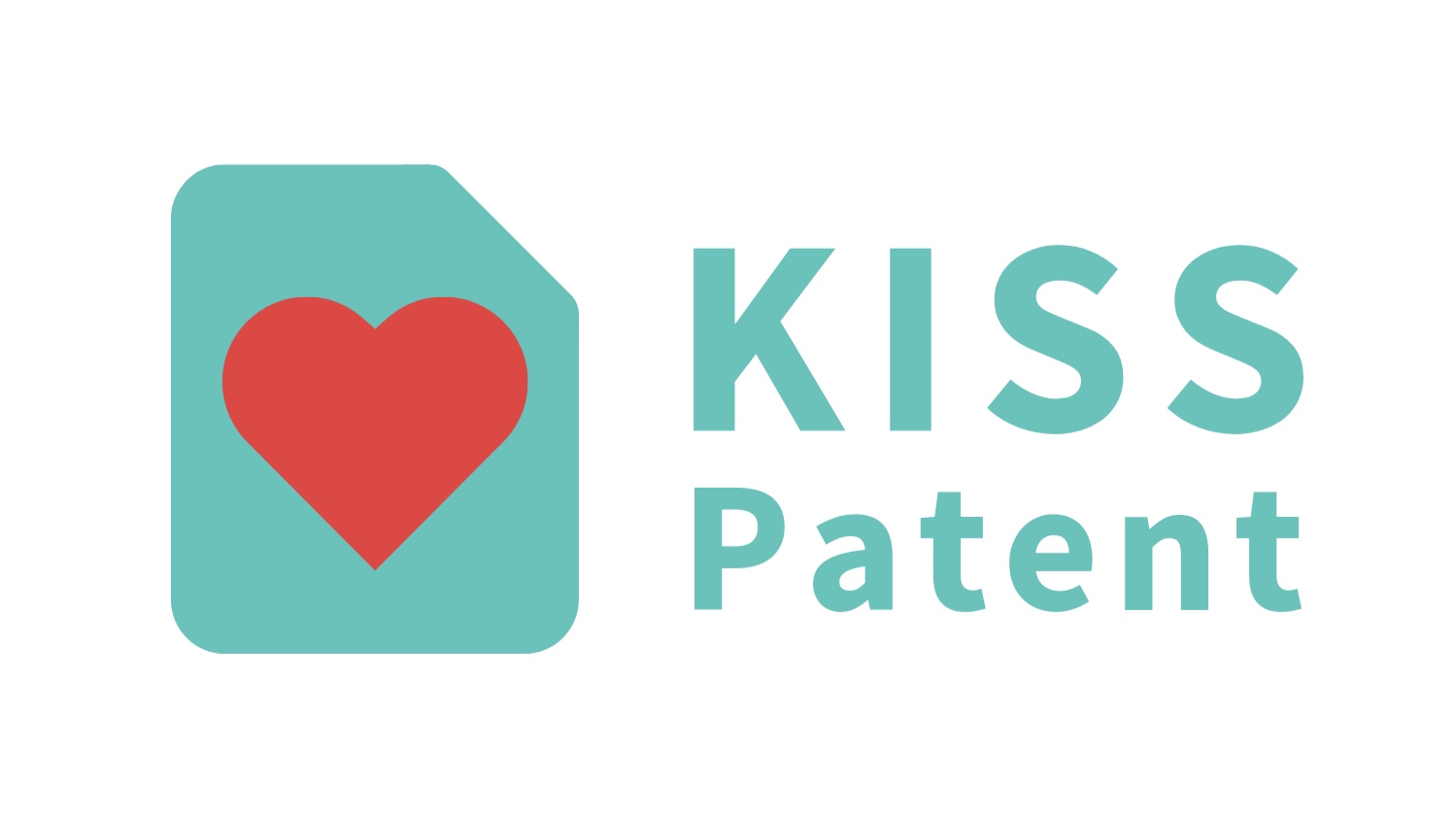Learning Hub | Resource Center | FAQ | About | Services | Partners | Contact
How VC's Classify Patents As Assets Transcript
Speaker 1: (00:08)
Hello, I'm D'vorah Graeser, founder and CEO of KISSPatent with 20 years of experience in helping startups stand out from the crowd and raise the money that they need by using patents to increase their startup's valuation. In this short video, we'll talk about how VCs analyze patent as assets. In our last video, we talked about how patents are property and why VCs absolutely patents. Now we're going to get down to the nitty gritty number crunching and find out what makes a patent viable to a VC and of course, how VCs determine that value. The most valuable patents for VCs do two things. First, they protect your startup's core business, the heart of your startup, your secret sauce. This is the part of your startup that if you were to lose it, your startup would fail. Second, really viable patents also protect your startup's market space from competitors. After all, you don't want to do all the work to develop your startup's market just to let all of your competitors in. Without a patent, you might as well invite your competitors into your startup's market space. VCs absolutely will not put a lot of money into your startup, only to have someone else copy your startup's ideas and succeed in your market. Of course, this points out another more delicate point. Your competitors, especially the big ones, have no interest in being nice to your startup or even in playing fair if they can steal, uh, borrow your startup's ideas without having to pay for them, they'll do it in a heartbeat. After all the great Steve Jobs himself said, we have always been shameless about stealing great ideas. And while it might be flattering to have a real genius of the caliber of Steve Jobs steal your startup's ideas, I don't think you want that to happen. Patents block your big competitors from stealing your startup's ideas and give you a weapon to fight back if they do. There are ways for even small startups to succeed in a patent battle with big competitors. Just as Microsoft, which had to pay a lot of money over the years to small startups because it kept on stealing their ideas. But many of these startups have patents so they could fight back and win. So, how much is a patent worth to a VC? Well, startups with at least one patent tend to have a valuation that is at least $1 million higher than without the patent. Actually, each additional patent can also add $1 million to a startup's valuation. So $1 million is one way to measure how VCs value patents, but if your startup gets funding because it has a patent and your rival's startup in the same field doesn't get funded because it doesn't have a patent, then the value of a patent to the VC is 100%. Of course, the patent is then worth everything to your startup. But the market should be the judge of patents, you say. Well, no problem. At the time of IPO, the vast majority of software startups and nearly a hundred percent of hardware startups had US patents. In fact, Facebook didn't have enough patents before its IPO and had to quickly run around to try to scrounge some patents together. Fortunately for Facebook, it was able to buy the patents of an extinct tech dinosaur called AOL, but that's risky strategy. Furthermore, a majority of startups get the most value from patents in earlier stages of funding, when patents can be worth even more than $1 million, increasing the value of a startup by as much as 30%. So patents increase your startup's valuation, especially in early stages when they may be the only real property that your startup has. No, the ping pong table does not count. If something goes wrong, the VC can sell the patents to get some of the investment back. That is why patents are so important to your startup and why VCs value them so highly as assets. Want more information on how patents are assets? At kisspatent.com we have guides and information to help you launch your patent. Click the link below to download our free guide on how to increase your startup's valuation with a patent. That's it for now. If you have any questions, please leave your questions below or email us at info@kisspatent.com.
